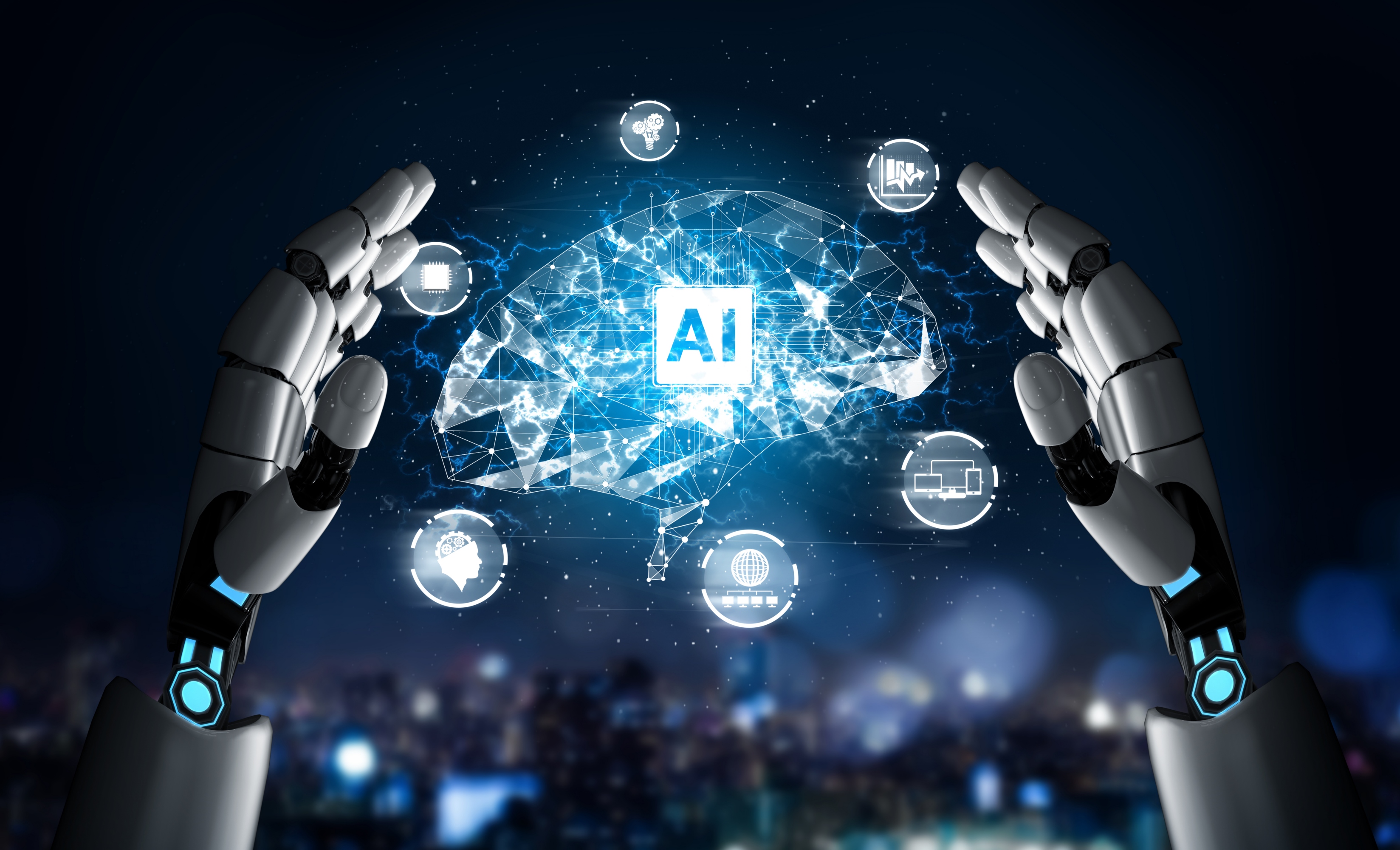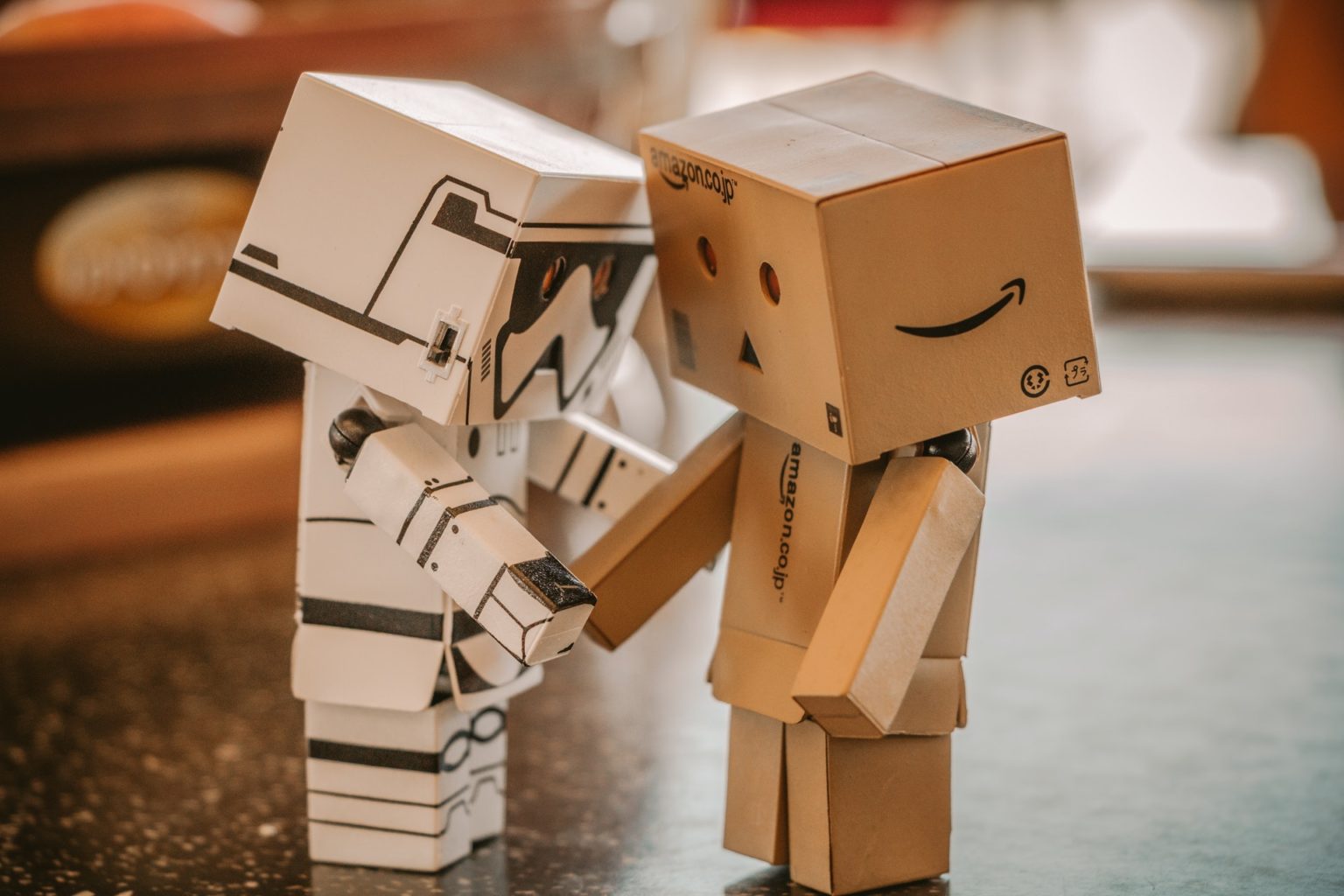Artificial Intelligence Is Impacting Localization
Fri, 10 Dec 2021
Artificial intelligence (AI) has brought about
significant change in the translation and localization industry. Most
translation management systems now provide significantly more accurate and
efficient localized content than was previously possible.
Role of machine learning
Patterns in the way content is written, spoken, and
translated can be tracked by machine learning algorithms. AI detects these
patterns using machine learning, allowing it to create accurate localized
content. The greater the exposure of the technology to localization processes,
the more accurate the ML algorithms will become over time.
Deep learning (DL) is another aspect of AI that mimics
a specific function of the human brain. In this case, DL technology can detect
changes in language nuances in real-time and respond with an accurate solution.
How Artificial
Intelligence Is Changing Localization
Using the power of ML and DL, AI is capable of
localizing content during translation. Rather than simply translating words and
phrases, which may result in context loss, the essence and tone of the content
are automatically understood and maintained.
·
Artificial
Intelligence Is Making Localization More Authentic
·
Artificial
Intelligence Allows Localization to Stay Current
·
Artificial
Intelligence Is Enabling Localization To Be Considerably Faster and More
Efficient
·
Artificial
Intelligence Can Also Be Leveraged to Localize Images and Audio
POPULAR POSTS
The Difference between Digital Marketing and Advertising
Wed, 07 Apr 2021How Chatbot Development Is Transforming Customer Service
Thu, 06 May 2021Why UX And UI Is Important For Mobile Application Development
Sat, 01 May 2021Top Hosted Ecommerce Platforms of 2020
Wed, 07 Apr 2021RECENT POSTS
How Page Speed Affects SEO & Conversion Rates | Real Insights 2026
Tue, 27 Jan 2026Website API Development: How to Boost Scalability & Functionality
Tue, 27 Jan 2026Minimum Budget for Facebook Ads in India in 2025 – What Works
Tue, 20 Jan 2026How PHP and Laravel Help Build Secure Websites | PHP Security
Tue, 20 Jan 2026Why Every Business Needs a Mobile App Today – Simple Guide
Tue, 20 Jan 2026









